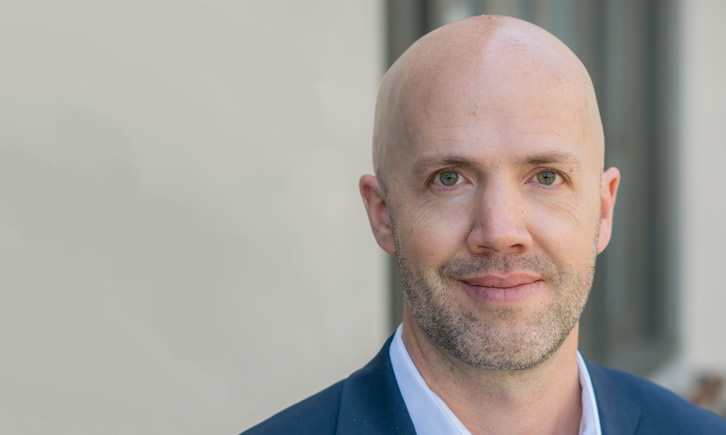
Jeffrey Hales
Sustainability reporting is a hot topic—and with good reason. Organizations are becoming more attuned to the impact caused by business activities, while stakeholders are similarly interested to know how companies they have aligned themselves with are performing on economic, ecological, and social outcomes, among others.
In the recent past, benchmarks for measuring and reporting progress in these crucial areas had been difficult to assess, due to dissimilar guidelines. But efforts by the Sustainability Accounting Standards Board (SASB) have aimed to ease the process by helping businesses report on the financial impacts of sustainability with industry-specific standards.
On Feb. 27, from 5 to 6:30 p.m., SASB Chair and Professor of Accounting at The University of Texas at Austin Jeffrey Hales will be a special guest speaker at the McIntire School of Commerce, addressing the business of sustainability and what the changing landscape of business means for the accounting profession.
Sponsored by McIntire’s PricewaterhouseCoopers Center for Innovation in Professional Services (CIPS), Hales will address students of Accounting Professors Jennifer Winchel and Andrea Roberts, who are hosting the event.
“I am thrilled that we have the opportunity to host Jeff at McIntire,” says Winchel. “Investors and other stakeholders are increasingly demanding more information about the environmental, social, and governance issues that affect company performance. However, a ‘traditional’ accounting curriculum spends little time talking about how companies identify, manage, and communicate sustainability information to investors. Thus, our Commerce students will certainly benefit from learning how the SASB is working to help companies provide this information to investors in a way that is useful for decision making.”
Hales says those very decisions, informed by sustainability accounting and reporting, not only help businesses operate in a more sustainable manner, but also help capital flow to those business. The result ultimately benefits economies around the world, thereby enhancing the world in which those economies reside.
The creation of the SASB’s most recent version of industry standards is easing the process.
“One thing we are seeing is that SASB standards support a higher level of assurance than has been typical for sustainability reporting in the past,” Hales says. “When standards provide ‘suitable criteria,’ auditors can move from a lower level of assurance (like a review) to something more rigorous (like an examination), which helps to improve data quality.”
To usher in a transformation of how sustainability is reported, Hales believes, requires a mindset change across industries and an imperative for organizations: to manage sustainability as a core issue that must be measured in order to be managed. Yet he insists that there’s work to be done in order for investors and other market participants to make the most of the available data.
“Sound information is the cornerstone of our capital markets,” he says. “Unfortunately, investors do not yet have timely access to comparable information on the key sustainability issues that corporations are facing.”
The issue leaves many unique challenges for current accounting students interested in working in the field. Hales says that the landscape of sustainability reporting is changing rapidly, leaving the curricula of most business schools behind the curve as transformation occurs. The resulting knowledge gap, he notes, makes it difficult for students to know what’s happening and to know where the opportunities exist.
In the short term, Hales’ talk at McIntire will undoubtedly supply vital up-to-the-minute insights for Commerce students, future accountants ready to face the challenges of the rapidly evolving business landscape. By creating learning opportunities such as these, CIPS allows the School to quickly pivot when the need arises for crucial, cutting-edge education in the accountancy area.


